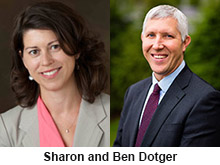Architecture Students’ Project Selected for Royal Academy Exhibition
In a prestigious international honor, a project by three students from the School of Architecture has been selected for inclusion in the Royal Academy Summer Exhibition 2025, currently on view in London. The work, titled “Evolving an Urban Ecology,” was…


